
thiedelab.github.io/docs/postdoc...
thiedelab.github.io/docs/postdoc...

😂 “When I was a kid, calling something “AI” meant Commander Data from Star Trek, something that can do what humans do. Now, AI is, like, really good autocomplete. “
💯 this
www.rollingstone.com/culture/cult...

science.phd.uj.edu.pl/join/biomedi...
science.phd.uj.edu.pl/join/biomedi...
pubs.acs.org/doi/10.1021/...
@erikhthiede.bsky.social

A great position for someone who is looking to be a tech for a few years before grad or med school.
aprecruit.ucsf.edu/JPF05424
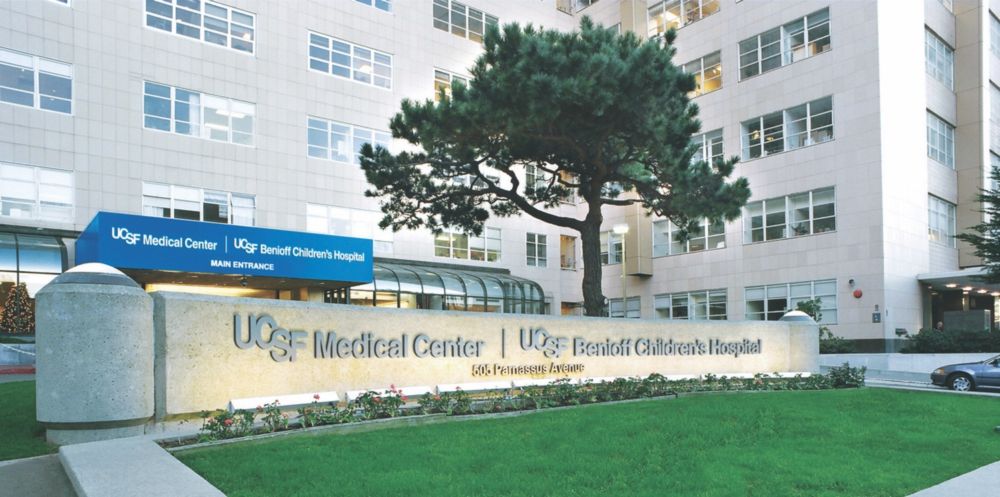
A great position for someone who is looking to be a tech for a few years before grad or med school.
aprecruit.ucsf.edu/JPF05424
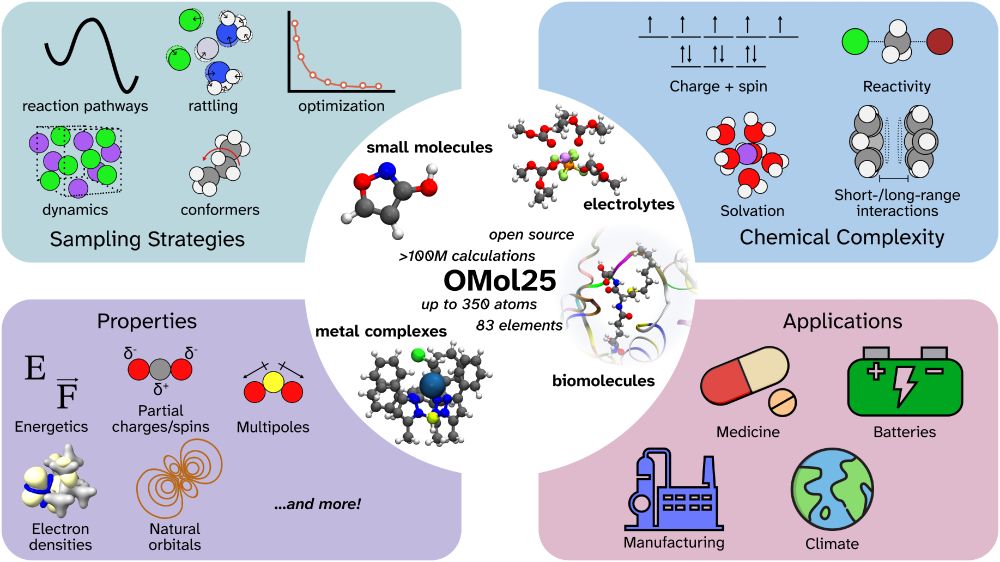
It took decades of work to get to point of prepping device for in-human clinical trials. No private company could do this.
The cruelty of the Trump administration is heartbreaking. So to speak.
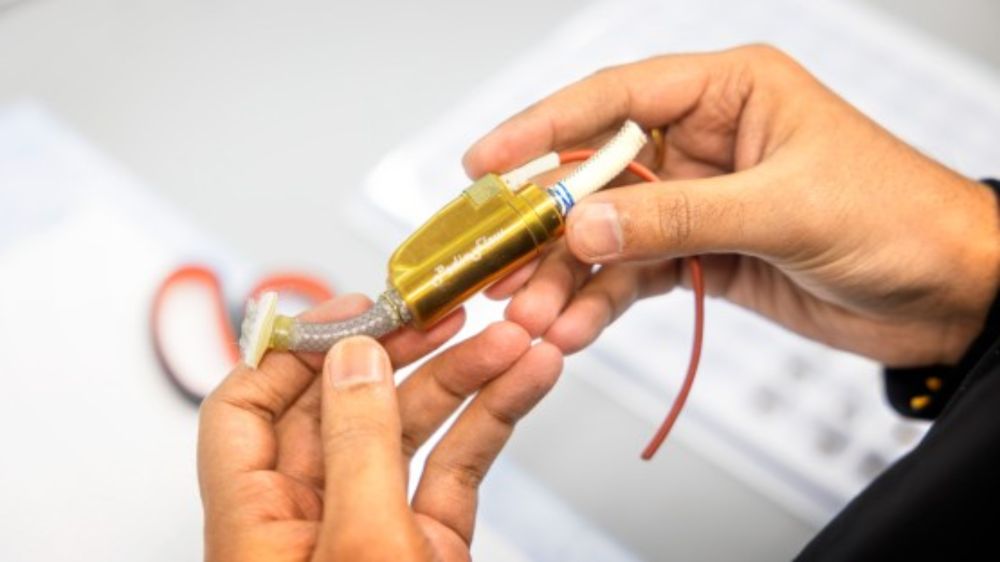
It took decades of work to get to point of prepping device for in-human clinical trials. No private company could do this.
The cruelty of the Trump administration is heartbreaking. So to speak.
But the point of the policy is to take down universities, not improve F&A. These aren’t people to take at the word.
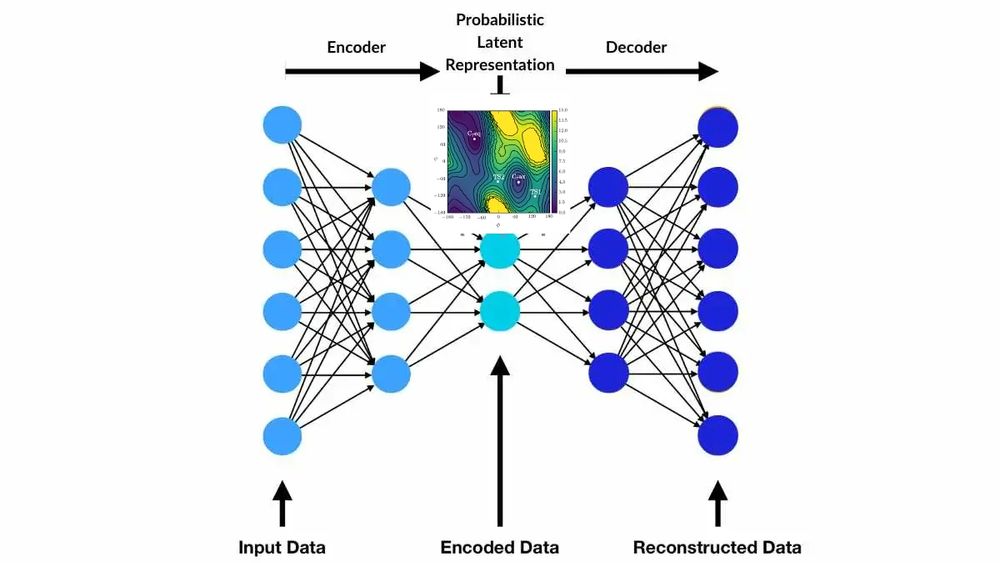

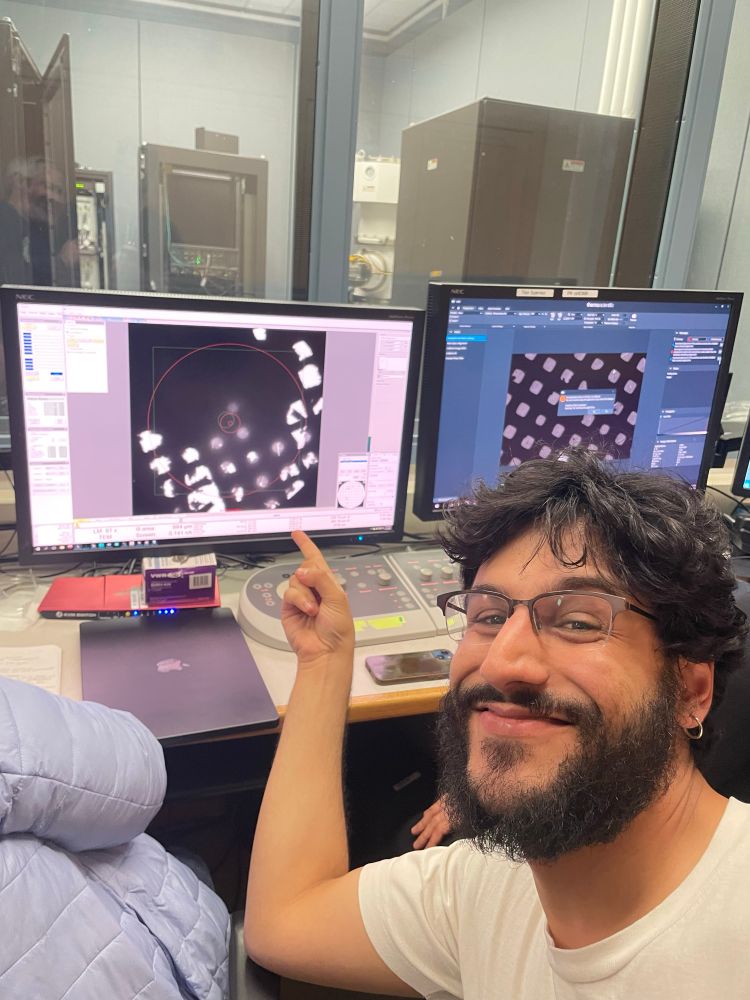
news.cornell.edu/stories/2024...

news.cornell.edu/stories/2024...
While textbooks may indicate that relevant motions are large, even the original paper on alternating access makes it clear that atoms just need to move a bit to have an effect. doi.org/10.1038/2119... 🧬🧶

This preprint finds that ligand binding sites tend to be more carefully modeled than the rest of the structure.
This preprint finds that ligand binding sites tend to be more carefully modeled than the rest of the structure.
4/5
4/5
Predicted structure of insulin (red). An NMR structure (PDB:1A7F, green). The chain break token distance is 3.4A while the experimentally determined distance is 18.9A.
sequence prompt:
"GIVEQCCTSICSLYQLENYCN|FVNQHLCGSHLVEALELVCGERGGFYTPK"

For my next trick I'm telling all my nephews and nieces that Santa isn't real.
For my next trick I'm telling all my nephews and nieces that Santa isn't real.


